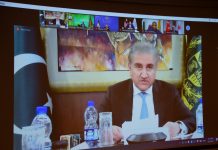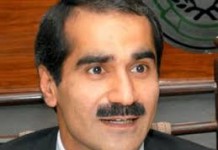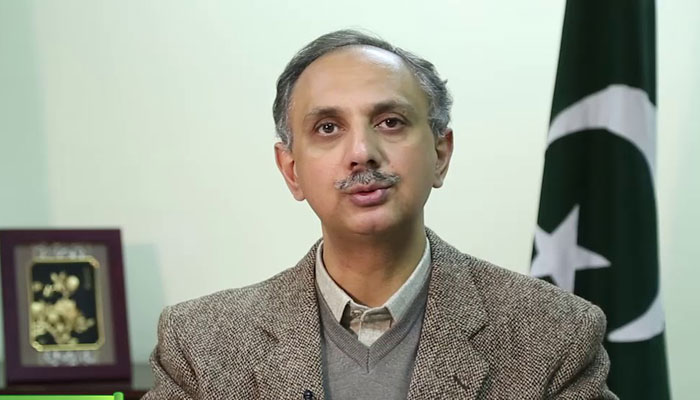A high-level delegation of UNICEF led by its Deputy Executive Director, Omer Abidi in Islamabad on Monday met with the Federal Minister for Education and Professional Training Shafqat Mahmood. UNICEF is working with the ministry of Education and Professional Training in many projects including Education can not wait, Digital divide, technology assistance for blended learning, Teachers Professional Development and out of school children, etc. While apprising the efforts of the ministry to continue education during the pandemic, the minister said, “We have brought all the federating units, whether under PTI government or under the other parties rule, on the same page to formulate unanimous education policy which is major achievement for us.” Shafqat Mahmood said the number of out of school children had significantly increased and learning losses also enhanced owing to the pandemic, adding “we are focussing on these two issues with the help of technology.” The minister also apprised the delegation about development and launching of Single National Curriculum and teachers training programme. Abidi commended the clear headed vision of the minister and his efforts to launch SNC and to mitigate the digital divide across the country. Both sides reiterated their resolve for keep working together on the education issues.
متعلقہ مضامین
-
24,637 motorcyclists fined during last three weeks
-
Punjab takes steps to ensure Covid SOPs implementation
-
Pakistan, Royal Saudi Naval Forces joint drill Naseem Al Bahr-XIII commences
-
Billion Tree Tsunami promotes green entrepreneurship for unemployed women, youth
-
UNICEF delegation meets Shafqat Mahmood
-
PTI to face defeat in next general elections: Hamza
-
Pakistan accuses India of ‘state terrorism’ in IIOJK
-
World must fully support Afghan people at this critical juncture
-
Pakistan Army guarantor of national security: Sarwar
-
EU, JPPP organise event to mark world day against death penalty
-
COAS directs troops to assist civil admin in rescue, relief efforts
-
UN terms Ehsaas as international best practice












